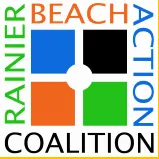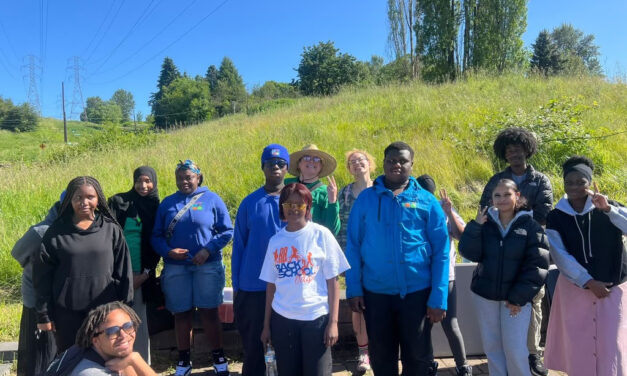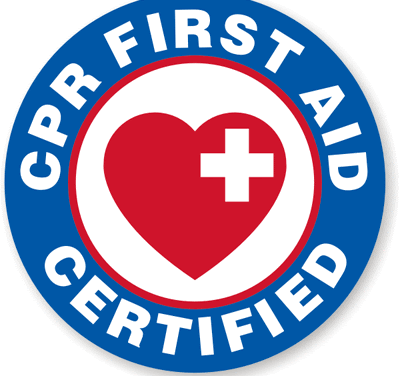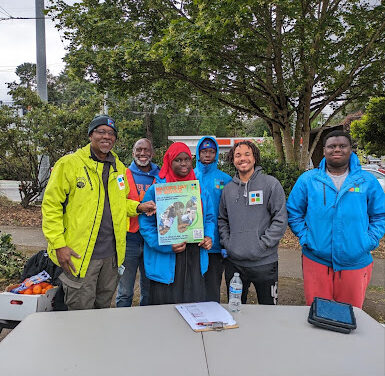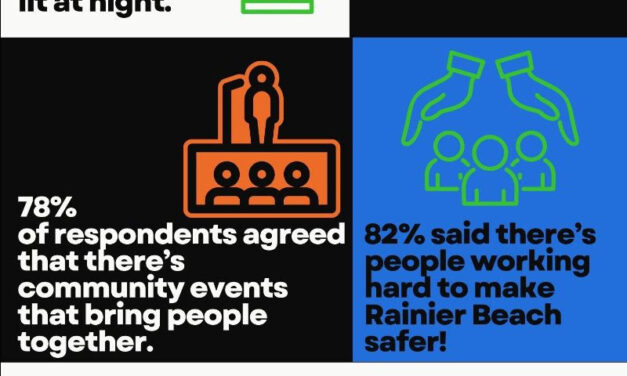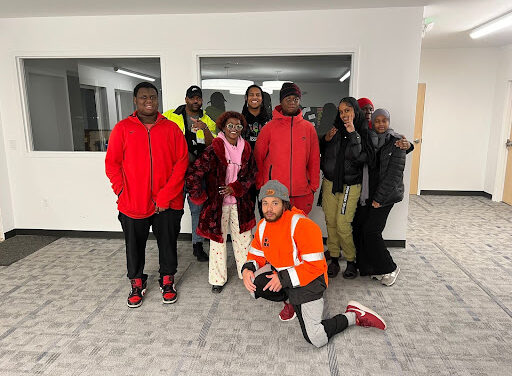Priority Hire

"Having a purpose beyond oneself not only establishes an intrinsic motivation, it also serves as a source of pride that enables one to "hang in there against the odds.""
Vision
We want to measurably increase access to jobs in the booming construction industry for residents of economically distressed ZIP codes as defined by the City of Seattle, women and/or people of color in the construction industry.
Program Description
Our mission is to remove barriers to employment by providing outreach and support that results in individuals receiving placements in the pre-apprenticeship and apprenticeship programs required to enter the construction trade.
This program serves members of economically distressed zip codes with a focus on Black and Latinx (including immigrant and refugee) communities, most of whom are low-income and overrepresented in the criminal justice system.
Youth, young adults, women and families are a particular focus of ours with special emphasis young adult women whose representation, let alone retention in the construction trade are not what they should be, those with criminal legal system involvement and with limited digital access
How You Can Be Involved
We are very excited to have been at the table when this program did not exist and helped bring it into being. We knew when the Rainier Beach Community Center was being demolished and rebuilt and no local people were working on the project that something was wrong with that picture. We organized, got an ordinance created within the city of Seattle in 2015 and since that time the Port of Seattle, Seattle Public Schools and King County picked up a Priority Hire program of their own. We helped do that.
One action we encourage is that we see the construction trades as opportunities for our community. It is not an easy industry to work in and “acceptable workplace” efforts are occurring, but can be very rewarding. Check out this publication for more information. www.bitly.com/apprenticeshipguidebook
Program Outcomes

Remove barriers to employment by providing outreach and support

Placing individuals into pre-apprenticeship and apprenticeship programs

Serving members of economically distressed zip codes with a focus on Black and Latinx (including immigrant and refugee) communities
Logistics
In order to effectively remove barriers, RBAC has learned that it is necessary to:
1) Be where the people we are serving are
Being proximate, which contributes to addressing barriers to re-entry, essentially means to be in the places the people we serve frequent. Not only have literature there but we must be present in person. We have utilized barbershops, beauty salons, neighborhood mini-marts, full service grocery stores, eating establishments, recreation centers, community-based organizations and transit stops (light rail and bus shelters). We have posted flyers and literature at these locations and briefed the proprietors of these establishments about the aspects of priority hire so they can participate in sharing information about this opportunity. We also call upon successfully referred and placed participants to assist with these briefings.
2) Provide civic engagement opportunities
Providing civic engagement opportunities contributes to decreasing recidivism because it gives those who have been approached, assessed, and referred a purpose beyond themselves. In the words of Malcolm X, "when the image of the black man is changed in the black man's mind the problems of recidivism would no longer persist." Having a purpose beyond oneself not only establishes an intrinsic motivation, it also serves as a source of pride that enables one to "hang in there against the odds." RBAC’s programs, particularly our Corner Greeter, Farm Stand, Back2School Bash, FreedomNet and Town Hall initiatives, are the perfect vehicles to support the civic engagement of community participants, particularly those who have criminal legal system involvement.
3) Ensure soft skills are acquired by participants
Building successful careers starts with the development of soft skills that support the participant in valuing the small things that lead to successful careers: being on time, consistent and effective communications and follow through.
Here are the recommendations offered by the Priority Hire Advisory Committee: Increase centralized resources and support for retention of workers including worker education, access to gas cards, transportation by increasing access to information like website forums, etc. collaborate with programs to develop an online support request form for workers to fill out and create online social media for workers to use. Others include an increase in outreach to the most underrepresented groups, increase resources for the apprenticeship guidebook, Continue work with drivers licensing issues and provide advocacy, work with training partners and City departments, support worker access to foreperson/supervisor training (suggestions include providing scholarship/reimbursement to workers attending construction supervisor related leadership.
Corner Greeter News
Partners
- City of Seattle
- Seattle Central College
- PACT
- The Urban League
- Pacific Northwest Ironworkers and Employers Apprenticeship
- TERO Vocational Training Center
Food Justice Activations
From Nurhaliza Mohamath Happy summer break! The team at RBAC is excited for a busy and bustling...
Read MoreCPR Awareness Month
June is CPR Awareness Month! Over the past year working at RBAC, I have realized the critical...
Read MoreMayor’s Day of Service
From Coach Vic On Saturday, May 18, 2024, Rainier Beach Action Coalition (RBAC) partnered with the...
Read MoreMental Health Awareness Month
Thank you and I am happy you are here. I remember the first time someone said that to me. I faced so much anxiety growing up as a kid, constantly worrying if I was a burden and this simple sentence, Thank you and I am happy you...
Read MoreCommunity Survey Data
In 2023, RBAC’s engagement workers collected 378 surveys on the streets of Rainier Beach. These...
Read MoreRBAC Youth and Parent Orientation
The 1st youth and parent orientation day at RBAC was truly special. We had an amazing time,...
Read MoreClean up your Act Event
On January 22nd, our Youth Engagement Workers participated in a new event called “Clean Up...
Read MoreGoals for 2024 + major/general RBAC updates
As we look to 2024 here at RBAC in general and the Rainier Beach neighborhood in particular, we first want to be reflective. This self-reflection action is the launch of an initiative at RBAC in 2024. It involves us becoming an...
Read MoreManaging Strategist – 2023 Recap
As we considered producing a 2023 “year in review article” of RBAC accomplishments, in reality, Rainier Beach neighborhood’s accomplishments, the easy approach was to list the quantitative outcomes, of which there are many....
Read More
